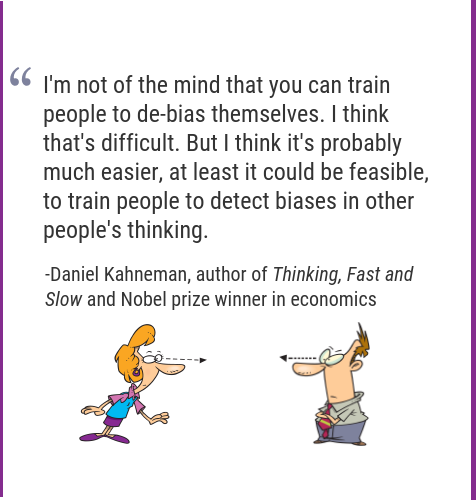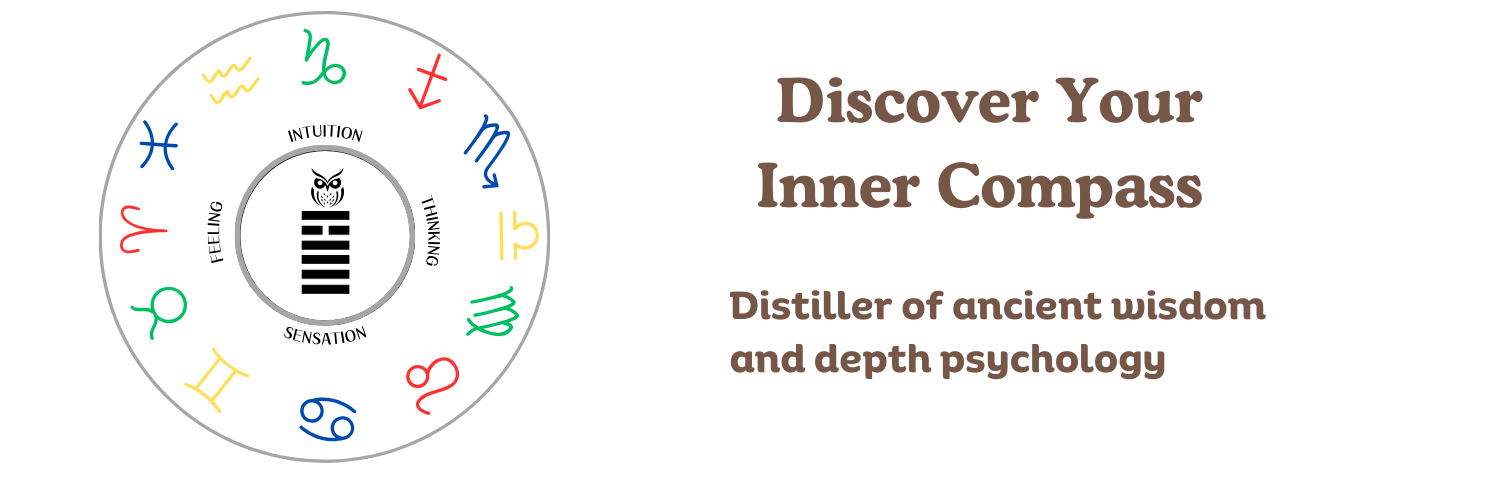So much energy goes into studying and debating the accuracy of various personality typology methods.
What if typing didn’t have to be that complicated?
Imagine… the consternation and stress many people experience when they are typed incorrectly could become mostly a thing of the past.
There is a lot of discussion these days about bringing objectivity into the typing process.
To remove bias from personality typing, and make the process as objective as possible, then how about we just let AI do the typing?
Carl Jung created typology to be used as a tool for individuation, so at first glance this concept might seem oxymoronic, if not downright appalling. I’ll address that in a moment, but first let’s take a quick look at the technology aspect.
The technology already exists. It simply needs to be tailored for typology.
For example, HireVue created assessment and video interview softwarethat eliminates the need for resumes and traditional interviews. It is now widely used by employers
Applicants upload their LinkedIn profile. Then, if it passes the AI screening process, the applicant receives an invitation to play 12 online games that assess cognitive, emotional, and social traits.
The next stage is a digital one-way interview. The applicant answers a series of pre-recorded questions via computer or smartphone from the comfort of their home.
AI assesses the video and analyzes the speech-to-text translation for the words used and notes how often the person uses the word “I” instead of “we,” and picks up on other EQ skills.
The bias, fatigue, projections, hunger pains, etc., of a human interviewer are removed from the process. At the end, if selected as a finalist, the applicant talks with a real human.
It’s not a stretch to see how a similar AI approach could be used for personality typing.
To be statistically valid, one would need a sample size of at least 350+ people for each personality type. The text of those interviews, facial expressions, tone of voice, and emotion detection become part of the algorithm. The algorithm would pay attention only to those factors that have proven to predict a particular type. Regular audits and testing would be done to eliminate bias in the algorithm.
It removes the typologist bottleneck. AI could type people at scale much more quickly than typologists ever could in person.
One could easily find outliers and those would be followed up with by a human typologist. Refinements and adjustments made to that typing would be entered into the algorithm to improve accuracy in the future. It would be very iterative.
The data could be used for more than just typing people.
You could do a search of the data to find out characteristics and trends of a particular type.
You could compare, say, ENTP’s over the age of 65 to those under the age of 30. How often does an ISTJ mention books compared to an INTP? Are INFJ’s really only 1% of the data set? And so on.
It could eliminate the anecdotal profiles that proliferate today. There would now be actually data to drive the writing of the profiles.
This is similar to customer experience/feedback management software by companies like Qualtrics that businesses use to analyze the thousands of phone calls, emails, live chats, survey responses, etc. they receive every day.
Users of this software never long to return to the days when humans had to attempt to acquire this data through manually listening to a smattering of call recordings and taking a guess at what was upsetting customers. Instead the desire is simply for more and more data from AI.
The data can be served up in something as simple as a word cloud. You also have the ability to drill down deeper and find detailed insights. Instead of having to spend time finding data, there is the luxury of analyzing it instead.
Again, it is easy to see how this could apply to typology as well.
Why humans can’t be objective

Daniel Kahneman makes the bold claim that “humans should be replaced by algorithms whenever possible.”
This is because human thinking is too noisy and narrow to be objective:
Wisdom is breadth. Wisdom is not having a narrow view; that’s the essence of wisdom. It’s broad framing, and a robot will be endowed with broad framing.
And I really do not see why, when it has learned enough, it will not be wiser than we people because we don’t have broad framing. We’re narrow thinking, we’re noisy thinkers, it’s very easy to improve upon us, and I don’t think that there is very much that we can do that computers will not eventually be programmed to do.
Let’s also not forget how much projections get in the way of objectivity. A projection is when we observe our own unconscious tendencies in other people. We tend to be unaware of our projections.
Marie-Louise von Franz, Carl Jung’s close associate, said:
Projections of all kinds obscure our view of our fellow men, spoiling its objectivity, and thus spoiling all possibility of genuine human relationships.”
OK, fine. Robots can type people. But should they?

According to psychiatrist and Jungian analyst John Beebe, The Association of Psychological Typing says it’s unethical to type someone without interviewing them.
Therefore, follow up with a human typologist would be imperative. But it there would be the luxury for the conversation to focus on the inner work needed for individuation and living out one’s type, and less about the typing process.
And, dare I say it, there could be less conversation about disagreeing about type and more about integrating it.
Knowledge of one’s personality type has to slowly seep inwards. There is the gradual slow reveal of your type as you receive confirmation of it through dreams, engagement with your shadow side, and one-on-one work with an analyst/coach/therapist, etc.
Those not interested in that kind of depth would at least be likely to learn insights about themselves they may not have have otherwise. Personality typing could benefit more people who know little or nothing about typology.
Even though Daniel Kahneman says that humans won’t always prefer emotional contact with other humans over robots, I suspect for the foreseeable future it will be real, non-artificial intelligence that will help people integrate their typing.
And, in the final analysis, your psyche will always know more about your true type than any robot or human ever will.
___________
Sources:
AEI public policy January 11, 2018 blog post about Daniel Kahneman
On Being interview with Daniel Kahneman
Man and His Symbols by Carl Jung
Energies and Patterns in Psychological Type by John Beebe
Net Prompter System Podcast interview with HireVue’s Kevin Parker
